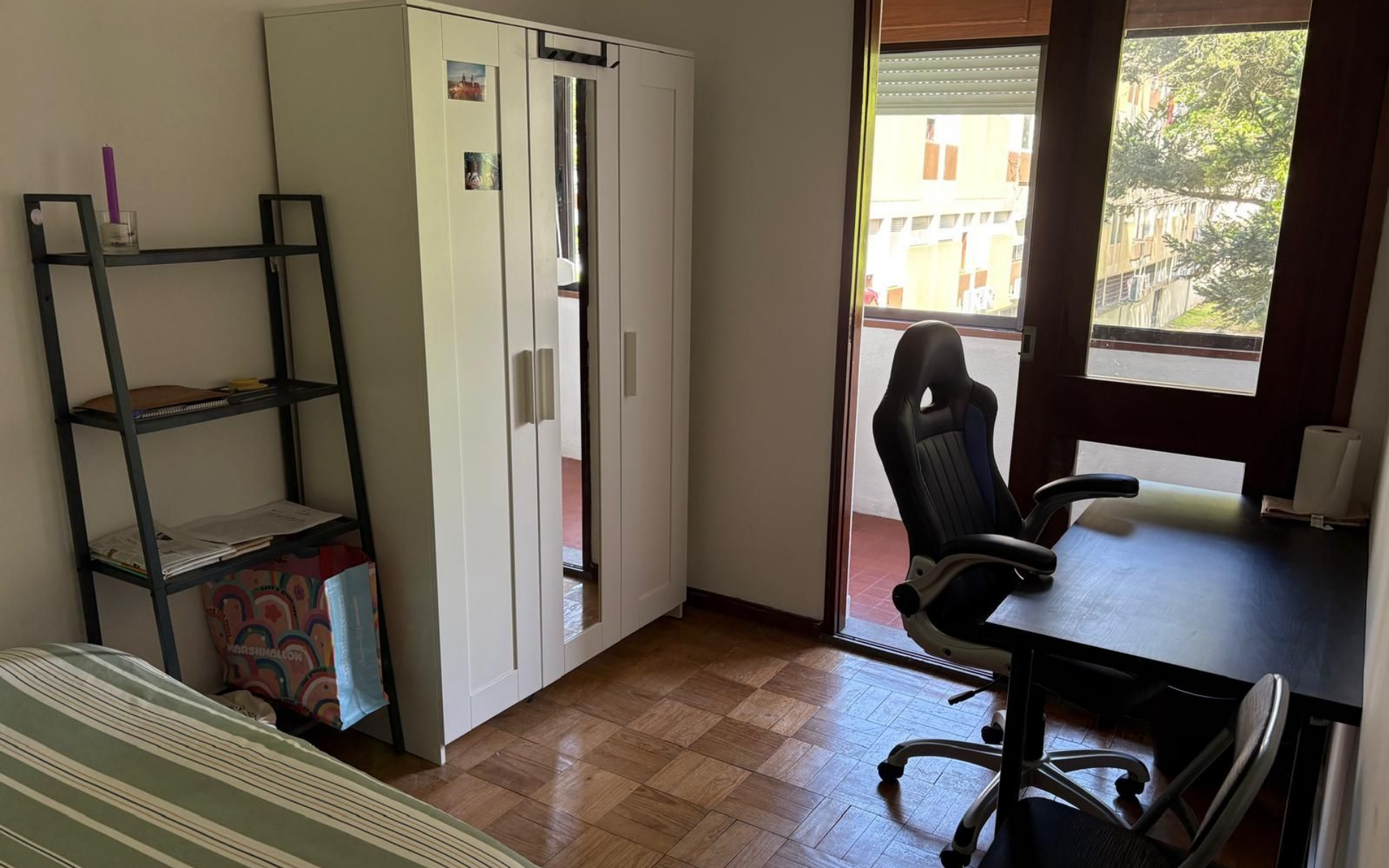Why Co-Living in Apartments makes Sense.
Why Co-living in Apartments is Better Than a Hostel: A New Era of Shared Living
In recent years, the concept of co-living has gained significant traction, especially among millennials and digital nomads. As cities become more expensive and traditional housing options are out of reach for many, co-living presents an innovative solution. While hostels have long been the go-to for budget travelers or those in need of short-term accommodation, co-living in apartments offers several key advantages that make it the preferred choice for modern living. Here’s why co-living in apartments is better than staying in a hostel.
1. Comfort and Privacy
One of the most significant downsides of staying in a hostel is the lack of privacy. Hostels often have dormitory-style rooms where multiple people sleep in close quarters, and the communal nature of the space can lead to uncomfortable or noisy situations. While this may be acceptable for short stays or backpackers, it can quickly become tiresome for those looking for a more comfortable and private living arrangement.
Co-living in apartments, on the other hand, often offers private rooms with the option of shared common areas like kitchens, living rooms, and sometimes even workspaces. This balance allows residents to enjoy a private sanctuary while still being part of a community. You can relax in your room without the constant bustle of a crowded hostel dorm.
2. Home-like
Experience
Hostels are typically designed to accommodate transient travelers, not people seeking long-term living arrangements. The vibe is often more temporary and “impersonal,” with basic, no-frills accommodations. Co-living apartments are intentionally designed to offer a homely experience. With comfortable furniture, kitchenettes, and personalized decor, co-living spaces are curated to help you feel like you’re settling into a home rather than just a place to sleep.
Moreover, co-living spaces often include perks like high-speed Wi-Fi, laundry facilities, and all-inclusive bills. This provides the convenience of having everything taken care of without the stress of managing multiple bills or searching for individual services.
3. Better Facilities and Amenities
Hostels are typically focused on providing the bare minimum to meet the needs of their guests. Common amenities like shared bathrooms and kitchens are often overcrowded, and the quality of the facilities can vary greatly from place to place.
Co-living spaces, on the other hand, are designed with the comfort of long-term residents in mind. These spaces often come with well-maintained kitchens, modern bathrooms, workspaces, gyms, and even communal events to help foster a sense of community. Some co-living companies even offer additional perks like housekeeping services, collaborative events, and networking opportunities. With co-living, you get access to a far wider range of services than you'd find in a hostel.
4. Community and Networking Opportunities
While hostels do offer a sense of community, especially for solo travelers looking to meet new people, the nature of the community can be fleeting. Hostel-goers typically stay for short periods, making it harder to build lasting relationships.
In a co-living space, people tend to stay for longer periods, which allows for deeper connections and a stronger sense of belonging. Many co-living companies curate these communities by organizing events like movie nights, dinner parties, or professional development workshops. The shared experiences of living in the same space for an extended period create more opportunities for meaningful connections, whether you’re looking to make new friends, network for professional growth, or collaborate on projects.
5. Flexibility and Affordability
One of the main appeals of both hostels and co-living spaces is their affordability compared to renting a traditional apartment. However, co-living often offers greater flexibility in terms of lease duration. Most co-living providers allow residents to rent a room for as little as one month, making it ideal for digital nomads or people who need temporary housing with flexible terms.
While hostels can also be cheap, they usually don’t offer the same long-term stability and flexibility that a co-living apartment does. Additionally, the price for co-living spaces is often all-inclusive—covering rent, utilities, and sometimes even cleaning services—making budgeting far easier.
6. Work-Life Balance
Many hostels aren’t equipped with spaces designed for work or productivity, and if they do offer Wi-Fi, the environment can be noisy or distracting. If you’re a freelancer, entrepreneur, or remote worker, a hostel might not be the most conducive place for work.
Co-living spaces often come with dedicated workspaces, quiet zones, and high-speed internet, making it easier to strike a balance between work and leisure. These spaces are designed to facilitate collaboration and productivity, with professional amenities that support your work needs while also offering plenty of opportunities for relaxation.
7. Cleanliness and Hygiene
While hostels typically try to keep things clean, the high turnover of guests and the shared nature of the facilities can lead to cleanliness issues, particularly in shared bathrooms and kitchens. In co-living spaces, cleanliness and hygiene are often managed by the facility's staff or organized as part of the community. Many co-living apartments offer housekeeping services, ensuring that the spaces remain tidy and well-maintained throughout your stay.
This attention to cleanliness can make a huge difference in your overall living experience. It's far easier to maintain a sense of comfort and well-being in a clean environment, which is especially important if you plan to stay for an extended period.
8. Long-Term Investment in Your Lifestyle
Lastly, co-living is often seen as a more sustainable, long-term investment in your lifestyle. While hostels are perfect for short-term stays, they don't offer the same level of commitment or sense of home. Co-living arrangements, however, provide a more permanent solution to living in a shared, yet comfortable, space. Whether you’re building a career, studying, or simply looking for an affordable way to live in a new city, co-living offers a supportive environment that encourages personal growth, professional development, and community engagement.
9. Price
Staying in a hostel for a few months can actually become quite costly, at least 2-3 times more expensive then staying in a shared apartment.
Conclusion: A New Way of Living
Ultimately, co-living in apartments offers a unique blend of affordability, comfort, and community that hostels simply can't match. It provides a more home-like environment, complete with privacy, better amenities, and opportunities to build long-term relationships. Whether you’re a remote worker, a student, or someone looking for a temporary living arrangement in a new city, co-living is the modern, flexible solution that’s tailored to meet the needs of today’s generation.
If you're considering your next living situation, it's worth exploring co-living as an alternative to the traditional hostel lifestyle. The experience could transform the way you think about shared living.



